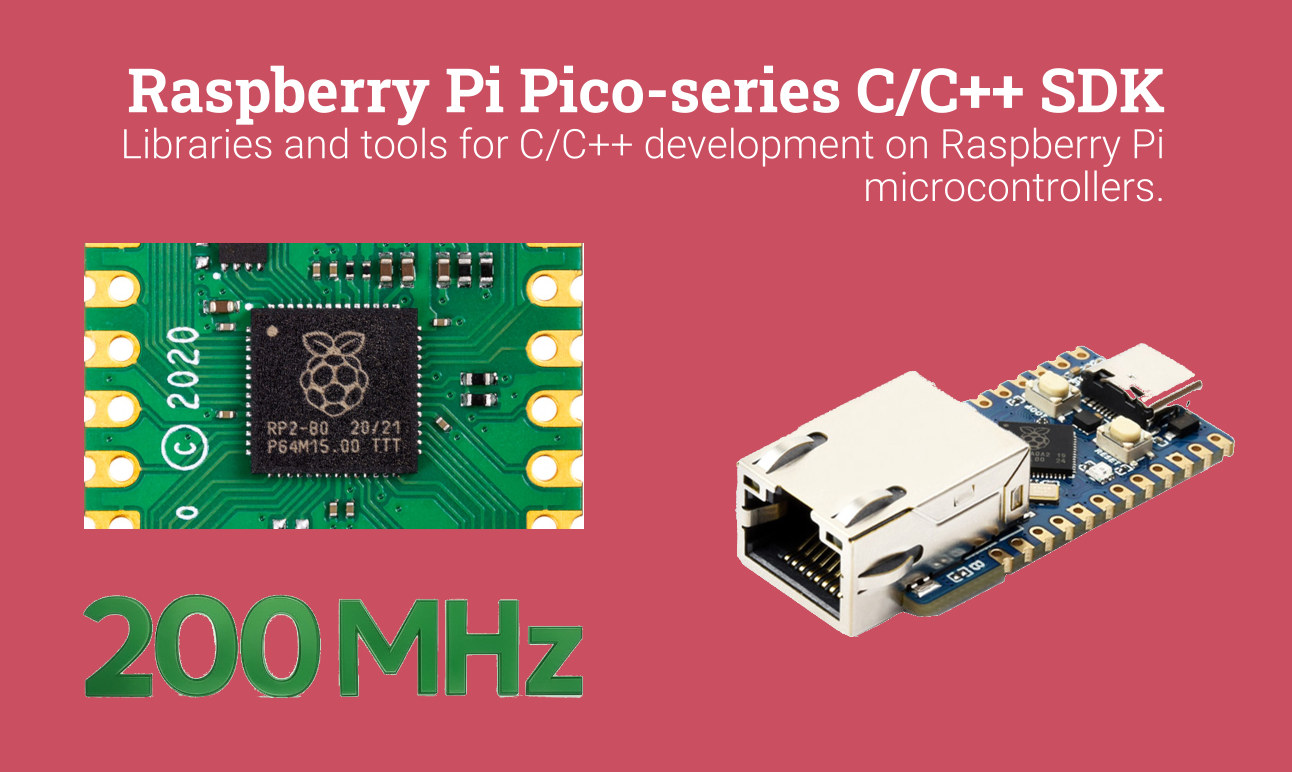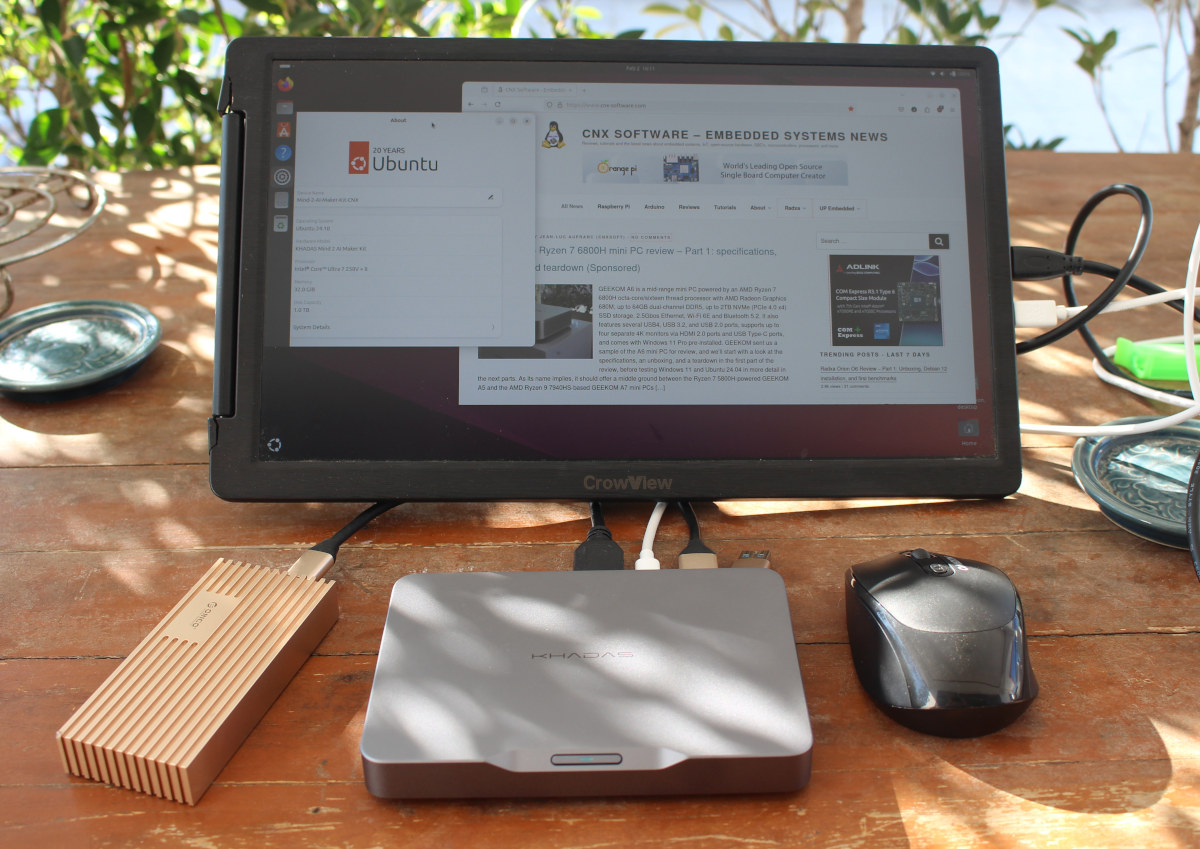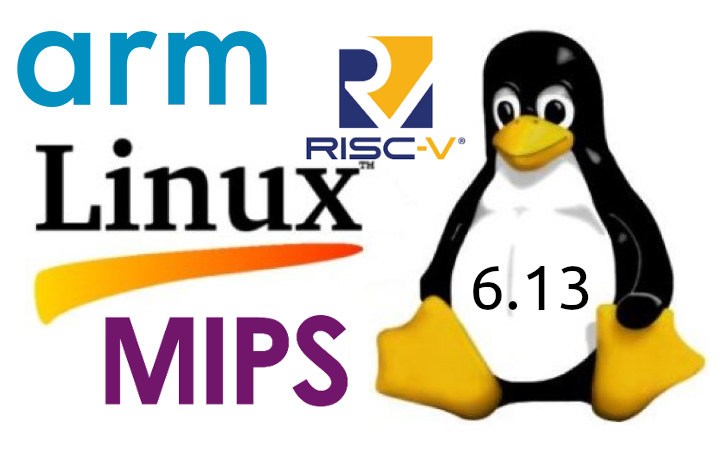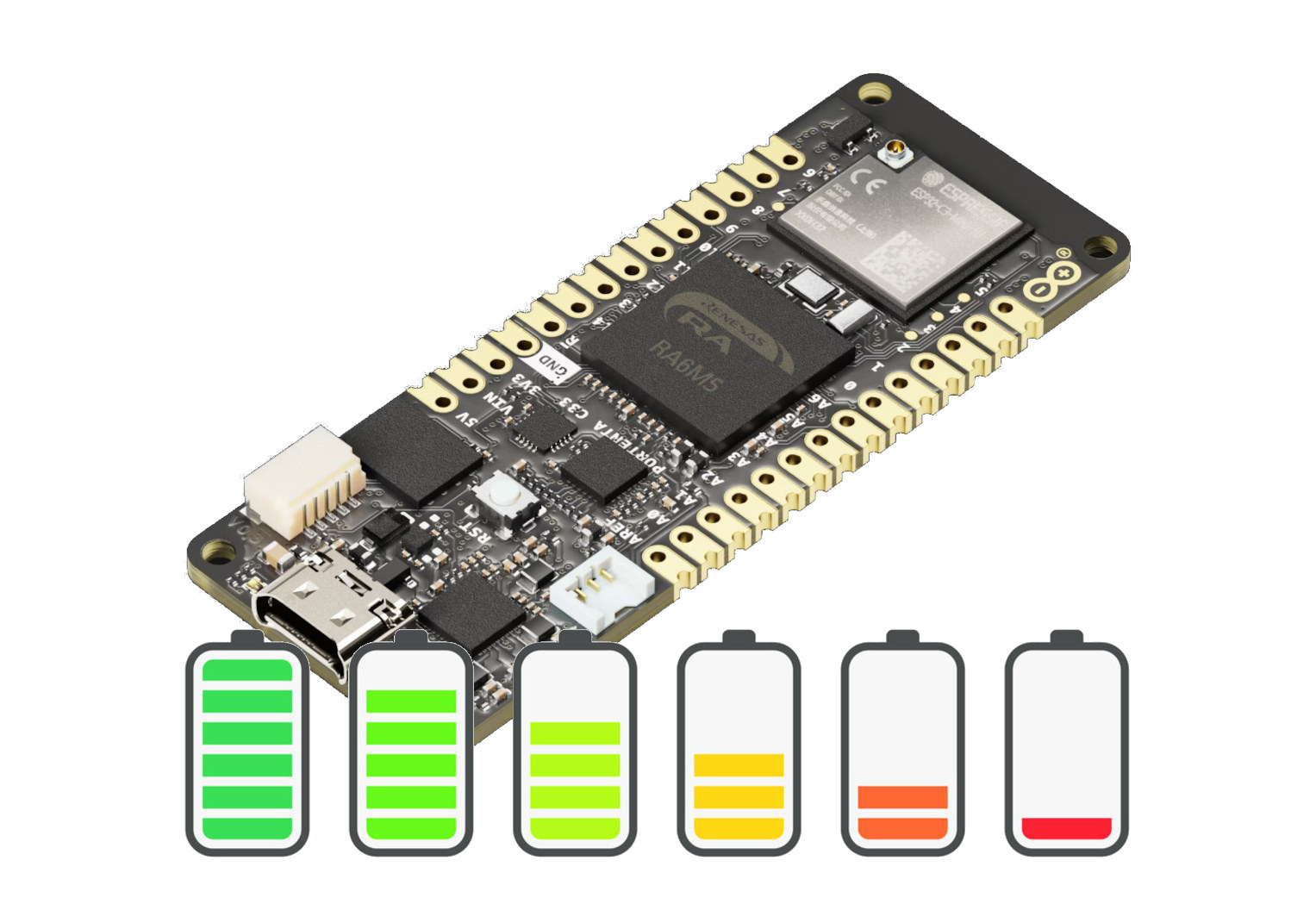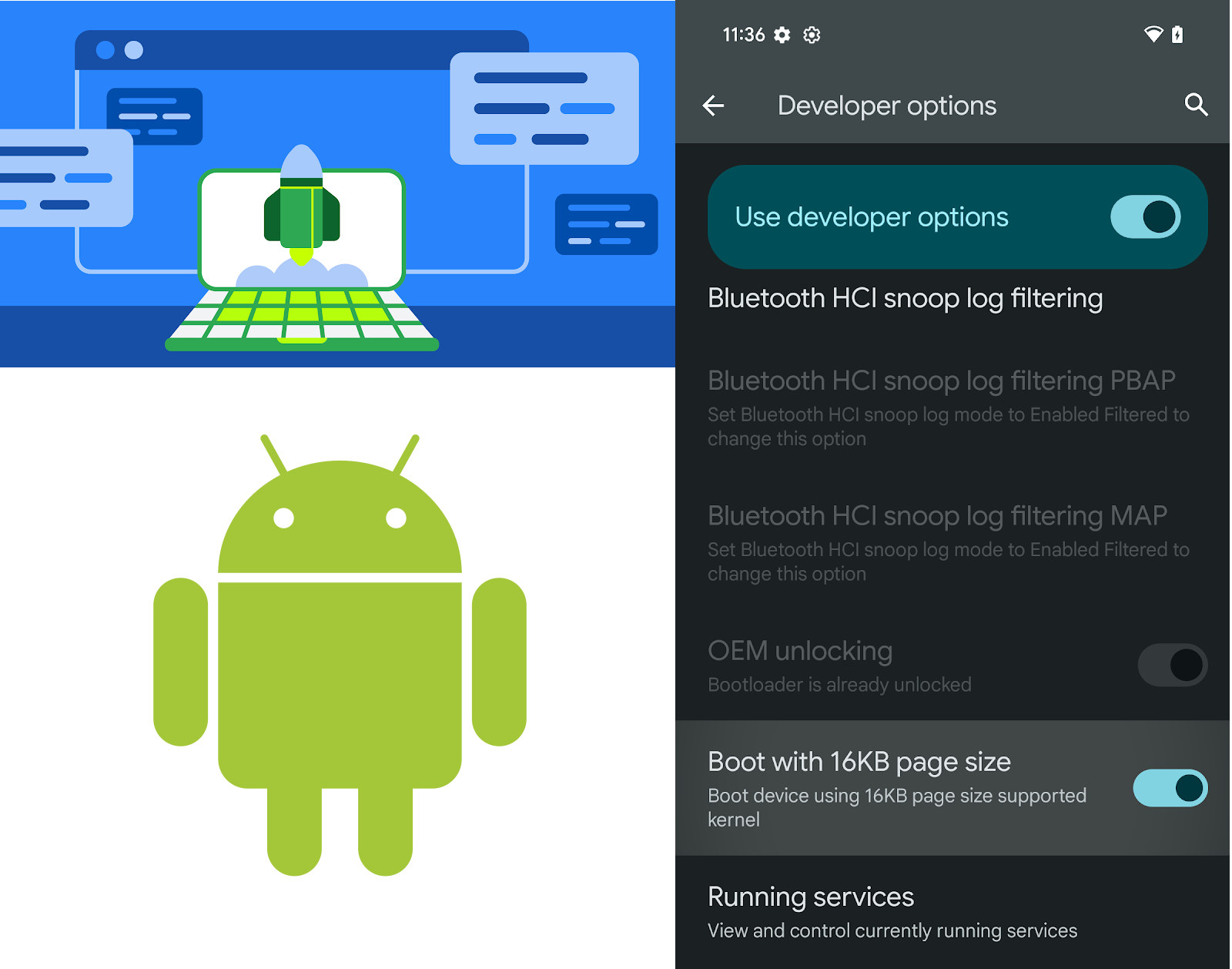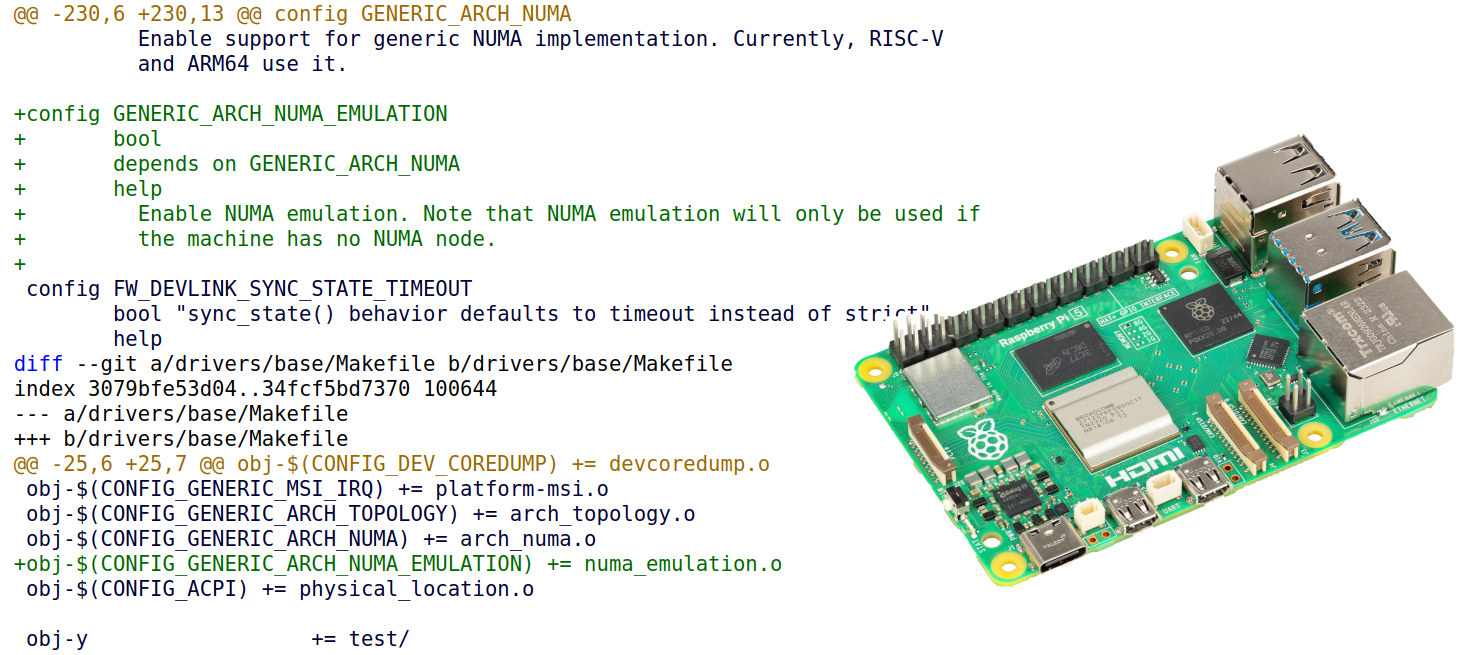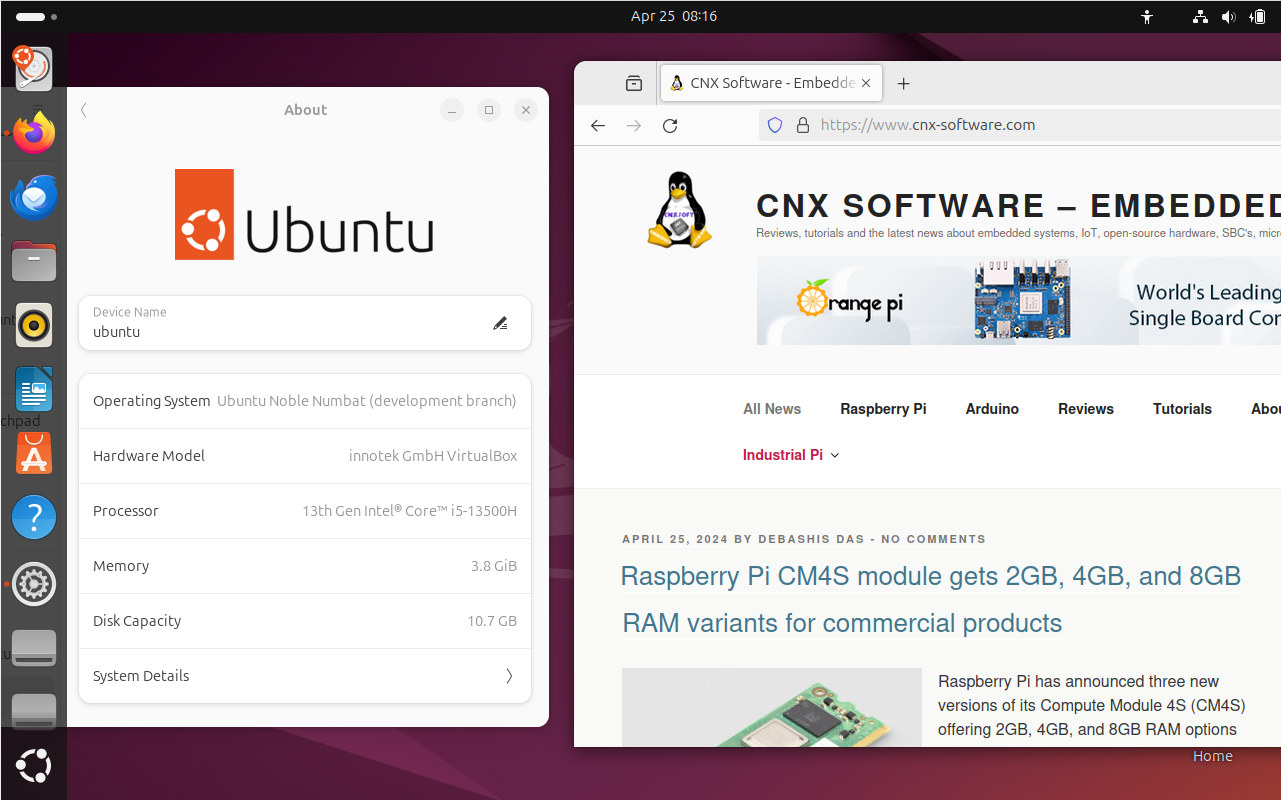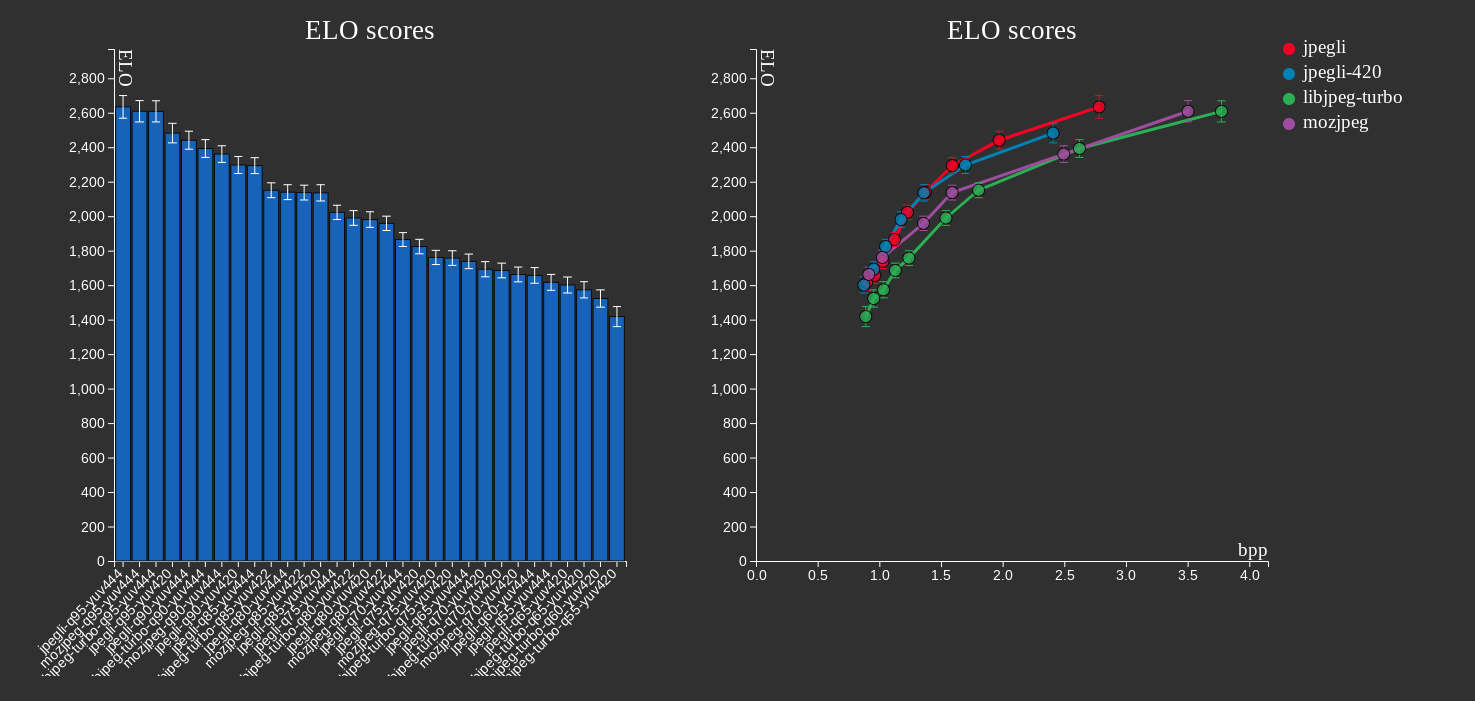The Raspberry Pi Pico SDK 2.1.1 has just been released with official 200 MHz clock support for the Raspberry Pi RP2040 MCU, several new boards mostly from Waveshare, but also one from Sparkfun, as well as new code samples, and other small changes. Raspberry Pi RP2040 gets official 200 MHz clock support When the Raspberry Pi RP2040 was first released along with Raspberry Pi Pico in 2021, we were told the default frequency was 48 MHz, but the microcontroller could also run up to 133 MHz. Eventually, I think the Cortex-M0+ cores were clocked at 125 MHz by default, although some projects (e.g. PicoDVI) would boost the frequency up to 252 MHz. Frequencies higher than 133 Mhz were not officially supported so far, but the Pico SDK 2.1.1 changes that since the Raspberry Pi RP2040 has now been certified to run at a system clock of 200MHz when using a […]
Khadas Mind 2 AI Maker Kit Review – Part 3: Ubuntu 24.10 and the importance of power limits
I’ve already reviewed the Khadas Mind 2 AI Maker Kit with Windows 11 Home, and today, I’ll report my experience with Linux on the Intel Core Ultra 7 258V mini PC using Ubuntu 24.10 operating system. I would usually review systems with Ubuntu 24.04 LTS OS, but considering the Intel Core Ultra 7 258V SoC is so new, I installed Ubuntu 24.10 when I tested whether disabling VT-d (IOMMU) would improve Intel Arc GPU performance (it does to some extent), and it turns out it was a good decision because Ubuntu 24.04 requires lots of fixes and workarounds to work the Khadas Mind 2 AI Maker Kit, at least until Ubuntu 24.04.2 is released later this month with a more recent kernel. Khadas Mind 2 AI Maker Kit – Ubuntu 24.10 system information My Ubuntu 24.10 installed has both Linux 6.11 (default) and Linux 6.13 kernels, but I did most […]
Linux 6.13 Release – Main changes, Arm, RISC-V, and MIPS architectures
Linus Torvalds has just announced the release of Linux 6.13 on the Linux Kernel Mailing List: So nothing horrible or unexpected happened last week, so I’ve tagged and pushed out the final 6.13 release. It’s mostly some final driver fixes (gpu and networking dominating – normal), with some doc updates too. And various little stuff all over. The shortlog is appended for people who want to see the details (and, as always, it’s just the shortlog for the last week, the full 6.13 log is obviously much too big). With this, the merge window for 6.14 will obviously open tomorrow. I already have two dozen pull requests pending – thank you, you know who you are. Linus Release about two months ago, Linux 6.12 – the new LTS version – brought us real-time “PREEMPT_RT” support that had always required out-of-tree patchsets until now, the completion of the EEVDF (Earliest Eligible […]
Arduino releases a power management library for Arduino Pro modules to optimize power consumption
Arduino has released a new power management library designed for Arduino Pro modules to help users monitor battery usage, fine-tune charging parameters, and optimize the power consumption of their Arduino code by notably enabling sleep and standby modes on supported devices. Currently, the Arduino Portenta H7 boards, the Arduino Portenta C33, and the Nicla Vision module are supported by the new power management library. The company explains some boards consume under 100 microamperes in deep sleep mode enabling months or even years of continuous runtime on a single charge, so making use of those features is important to lower the power consumption of battery-powered IoT devices and wearables. Arduino power management library key features: Battery monitoring – Reports battery metrics such as voltage, current, percentage, and temperature. Battery health tracking – Monitors battery health with detailed insights into temperature and reported capacity. Charging control – Monitors and adjusts charging parameters […]
Android support for 16KB page size boosts performance by up to 10 percent
Most operating systems are set to use a 4KB page size since that’s what most CPUs support, but Android is often running on Arm CPUs that can support 16KB page size. So Google decided to enable 16 KB page size as a developer option in selected Android devices since it can deliver a 5 to 10% boost in performance, at the cost of using around 9% extra memory. Contrary to 32-bit/64-bit mode, a page size is not an Application Binary Interface (ABI), so once an application is fixed to be page size agnostic, it can run on both 4 KB and 16 KB devices without modifications. Apps written with Java or Kotlin don’t need modifications, but those that use native code (C/C++) or dependencies must be recompiled for compatibility with 16 KB page size devices. Google provides some details about the benefits of 16 KB page sizes on the developer […]
NUMA emulation patch boosts Geekbench 6 benchmark results by up to 18% on Raspberry Pi 5
Igalia Engineer, Tvrtko Ursulin has recently submitted a patch to the Linux kernel adding a NUMA (Non-Uniform Memory Access) emulation implementation for arm64 platforms that boosts the performance of 64-bit Arm targets by “splitting the physical RAM into chunks and utilizing an allocation policy to better utilize parallelism in physical memory chip organization”.
The NUMA emulation implementation was tested on a Raspberry Pi 5 SBC and the Geekbench 6 single-core score improved by 6%, while the multi-core score boosted by 18% after splitting into four emulated NUMA nodes. In other words, that’s like having a Broadcom BCM2712 CPU overclocked from 2.4 GHz up to 2.83 GHz.
Ubuntu 24.04 LTS “Noble Numbat” released with Linux 6.8, up to 12 years of support
Canonical has just released Ubuntu 24.04 LTS “Noble Numbat” distribution a little over two years after Ubuntu 22.04 LTS “Jammy Jellyfish” was released. The new version of the operating system comes with the recent Linux 6.8 kernel, GNOME 46, and a range of updates and new features we’ll discuss in this post. As a long-term support release, Ubuntu 24.04 LTS gets a 12-year commitment for security maintenance and support, with five years of free security maintenance on the main Ubuntu repository, and Ubuntu Pro extending that commitment to 10 years on both the main and universe repositories (also free for individuals and small companies with up to 5 devices). This can be extended a further 2-year, or 12 years in total, for Ubuntu Pro subscribers who purchase the Legacy Support add-on. Canonical explains the Linux 6.8 kernel brings improved syscall performance, nested KVM support on ppc64el, and access to the […]
Google’s Jpegli open-source library can compress high quality images 35% more than traditional JPEG codecs
Google has released the Jpegli open-source library for advanced JPEG coding that maintains backward compatibility while delivering an up to 35% compression ratio improvement at high-quality compression settings. Google Research has been working on improving the compression of data (Brotli), audio (e.g. Lyra V2), and images with a project such as WebP for many years in order to speed up the web and make it consume less bandwidth for dollar savings and lower carbon emissions. Jpegli is their latest project and aims to improve the compression ratio of legacy JPEG files on systems were modern compression such as WebP may not be available or desirable. Jpegli highlights: Support both an encoder and decoder complying with the original JPEG standard (8-bit) and offering API/ABI compatibility with libjpeg-turbo and MozJPEG. Focus on high-quality results with up to 35% better compression ratio. Just as fast as libjpeg-turbo and MozJPEG. Support for 10+ bits […]


